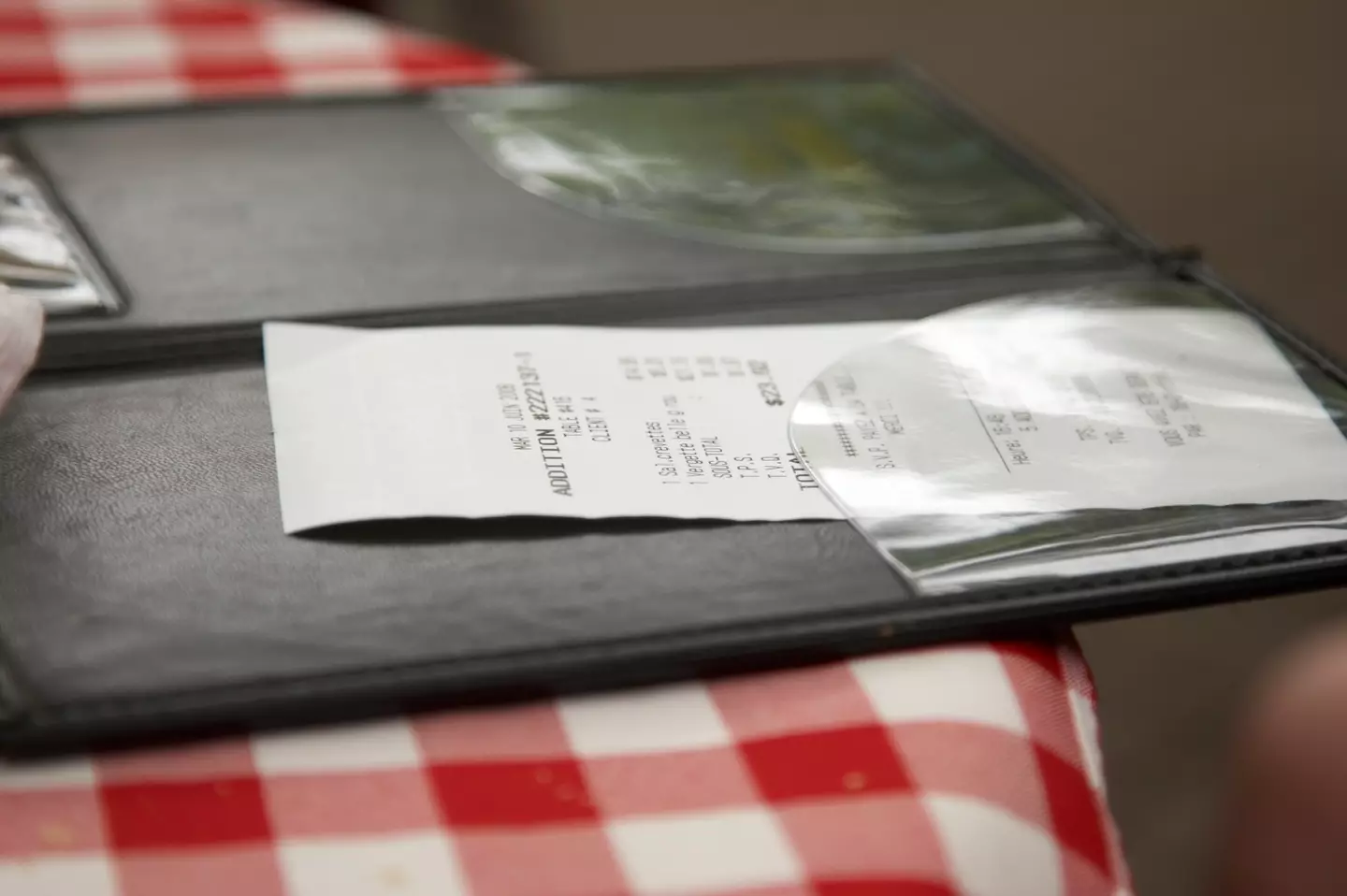
The cost of living crisis doesn’t look like it will improve any time soon, and it’s not just households being squeezed.
With less disposable income, fewer people are heading out to restaurants while others may be going less often that they would like.
Unfortunately for business owners, some patrons who pay a visit have no intention of paying for their meals, partaking in the breed of theft known as ‘dine and dash’.
Restaurateurs have spoken to the BBC about the impact of this criminal practice, particularly amidst rocketing food prices and rents compounding diminished footfall.
Advert

Some said that customers may even opt for underhand tricks, like putting broken glass in their meals, to get out of paying.
"It can be a customer walking out without paying, it can be fraudulent payments, or it can be somebody running up a massive bill and putting down a fake card, or going out and leaving the venue with an unpaid bill," Kate Nicholls, the chair of UKHospitality, explained to the BBC.
"It's a growing problem and it needs to be tackled," she continued.
"It's theft plain and simple. It's the same as taking and stealing from the venue itself."
UKHospitality said a third of its surveyed members had experienced customers refusing to pay for their meals, and there are plenty of anecdotes from chefs and restaurant owners to corroborate the survey’s findings.
"We had a group of people come in, they ordered a lot of food at once and a lot of expensive drinks and their bill was £230," Amanda Brighton, director of Joe's Bar and Grill in Oxford, told the BBC.

Along with building up a huge bill, the group then claimed to have found glass in their food.
"They usually place the foreign object in the food at the end," she explained.
"They try to leave completely without paying anything."
Unfortunately for Brighton, these unscrupulous parties are often aggressive when confronted, too.
"The young lady that was talking to me was in my face, screaming at me and calling me names," she recalled, saying that she has previously shared images of offenders to name and shame them whilst hopefully warning fellow restaurateurs.
Of course, these practices amount to theft, and conviction can carry a maximum sentence of two years in prison.
"The offence itself is committed if a person knows that payment on the spot for any goods is required, and dishonestly makes off without having paid as required, with an intent to avoid payment," said Richard Atkinson, President of the Law Society.

With regards to people putting objects like glass in their meals to avoid paying, he continued: "If people are seeking to claim what was served to them was something different, then that would amount to a fraud, because they're making a representation dishonestly to make a financial gain," he said.
If the threat of ending up in prison isn’t enough to dissuade you, then at least spare a thought for your fellow human beings. Everyone’s in the trenches at the moment, and performing daylight robbery on local businesses is a total moral failing by anyone's standards.
Topics: Restaurants and bars, News, UK Food
